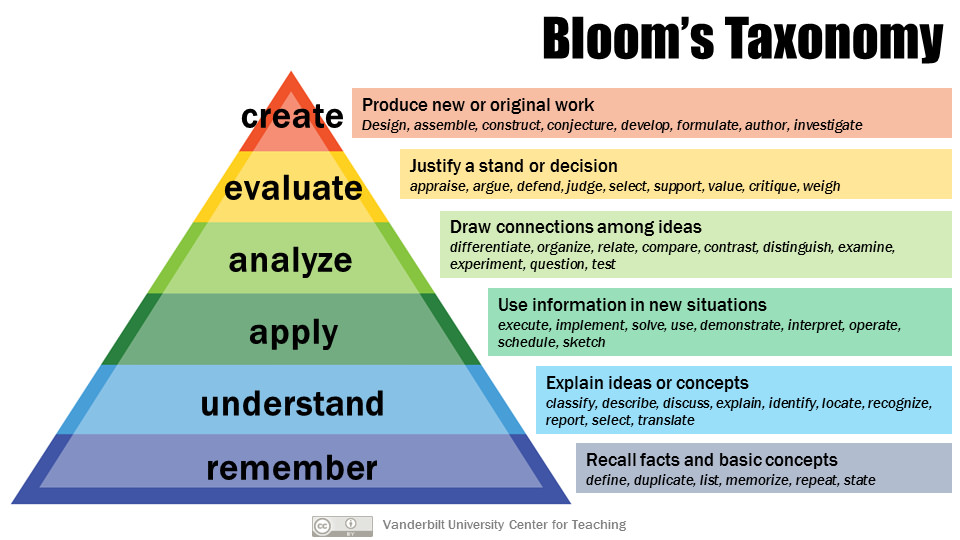
Feedback advice from UoR students:
Approach feedback as a tool to use for your personalised learning and development. Below are some questions and considerations to bear in mind when interpreting your feedback:
Language and terminology can sometimes obscure the meaning of feedback. Clarifying common terms can be a key first step to interpreting feedback.
Reflect: Are there recurring terms used in feedback and / or marking criteria that you find inaccessible or confusing? A good idea is to make a list based on your experience of feedback and start building your personal glossary of assessment terms.
What sources can you use to answer your questions? A good starting point would be a discussion with your Academic Tutor or consultation with Study Advice.
Below there are some resources that include explanations of common terms in assessment and feedback:

Feedback may be a combination of separate elements, which offer slightly different qualities of information and reflection opportunities.
For example, the most common components of feedback on written assignments are:
A useful strategy is to try and identify links between the different feedback formats. For example, is there an in-text comment that illustrates a general feedback point?
Make the most of your feedback by looking at these connections among different feedback elements. They usually work in a complementary way.
► Think: what elements of feedback would you expect in an oral presentation assignment? What would you expect to learn from each of these and how could they inform each other?